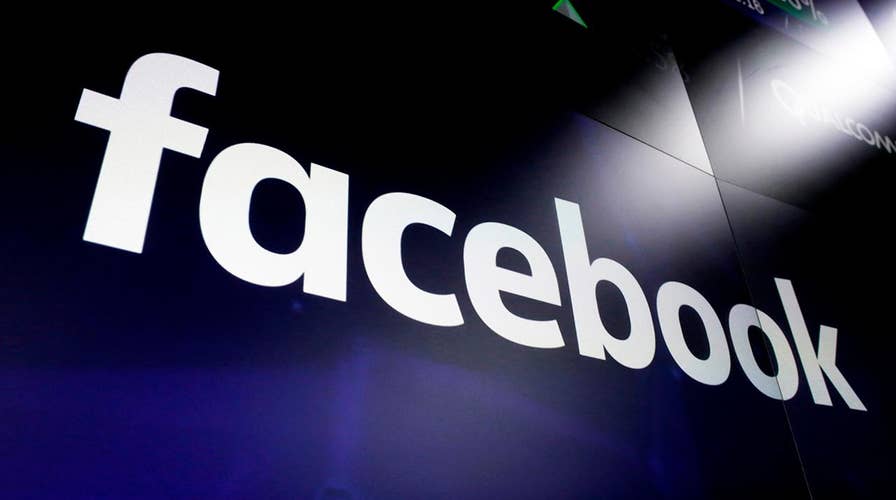Should the government regulate tech companies?
Many people choose to #DeleteFacebook; former Clinton adviser Mark Penn shares his perspective on 'Fox & Friends.'
The top antitrust enforcer at the Justice Department is receptive to complaints that tech companies like Google and Facebook could be stifling competition, but said that regulators would need evidence to prove a case in court.
Makan Delrahim said Friday that there are "very valid concerns at some level" about whether Silicon Valley giants have grown too large or are "stifling innovation or consumer choice."
He made his comments at an event hosted by Axios in Washington, DC.
“You’re hearing various anecdotal stories, but I don’t know if any of the enforcement bodies necessarily have that credible evidence of that type,” he said, reports the Washington Post.
Delrahim's remarks highlight the difficult position that tech companies find themselves in. In the European Union and the U.S., lawmakers and regulators have responded to calls for tighter regulation of Silicon Valley by calling chief executives to testify or, in the case of the EU and the state of California, passing new privacy rules designed to protect users' data.
HOW TO BEAT GOOGLE'S PERSONALIZED ADS
The Justice Department official also spoke about the allegations of anti-conservative bias on the part of tech platforms.
“I’m concerned about the concerns that have been raised,” Delrahim said, “because not so much is it ‘because conservatives,’ but because one day, depending on ownership, it could be liberals. I think you have to be very careful about the power of big companies in a democracy.”
Experts say that any impact on innovation, which would need to be detailed in order to penalize certain companies, are difficult to prove.
“We cannot quantify edge innovation, let alone connect it empirically to a platform’s discriminatory conduct,” Hal Singer, an economist at George Washington University’s Institute for Public Policy, told the Post. Delrahim, he said, is seeking “an evidentiary standard that cannot be satisfied here.”
BROWSE PRIVATELY, MASTER WINDOWS AND MORE: TECH Q&A
Delrahim suggested that regulators aren't out to penalize tech companies simply for their success.
“Antitrust law is not there to punish a competitor once they become successful and gain market share,” he said. “It’s only once they start getting outside of their lane and take action that’s going to harm consumers.”





















